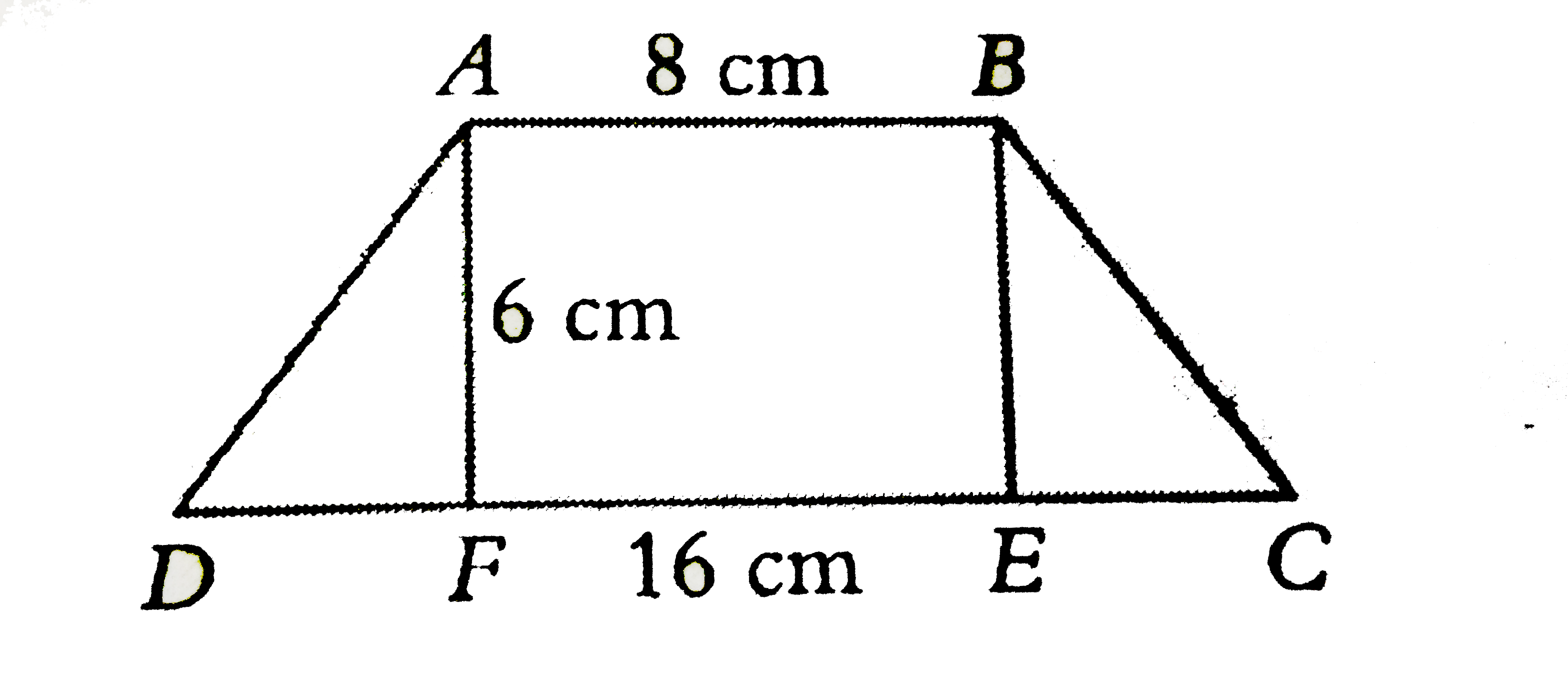A conical vessel is to be prepared out of a circular sheet of metal of unit radius in order that the vessel has maximum value, the sectorial area that must be removed from the sheet is A1 and the area of the given sheet is A2, then A2A1 is equal to
2+√3
2+√6
3+√6
3+√2
Step by step video & image solution for A conical vessel is to be prepared out of a circular sheet of metal of unit radius in order that the vessel has maximum value, the sectorial area that must be removed from the sheet is A_(1) and the area of the given sheet is A_(2), then A_(2)/A_(1) is equal to by Maths experts to help you in doubts & scoring excellent marks in Class 12 exams.
Updated on:21/07/2023Topper's Solved these Questions
Similar Questions
A conical vessel is to be prepared out of a circular sheet of gold of unit radius. How much sectorial area is to be removed from the sheet so that the vessel has maximum volume?
View SolutionIf the area of the circle is A1 and the area of the regular pentagon inscribed in the circle is A2, then find the ratio A1A2.
View Solution
Knowledge Check
If A1,A2 are between two numbers, then A1+A2H1+H2 is equal to
AH1H2G1G2BG1G2H1H2CH1H2A1A2DG1G2A1A2The side of a square metal sheet is 7 m. A circular sheet of maximum radius is cut and removed. Find the area of the circular sheet (in ft2).
 A49πB49π2C49π4D49π8
A49πB49π2C49π4D49π8Two solid conductors are made up of same material have same length and same resistance . One of them has circular crosssection of area A1 and other one has square cross section of area A2. RATIO A1A2
A1B0.8C2D1.5
Regular polygon and its area
View SolutionIf A1 is the area of the parabola y2=4ax lying between vertex and the latusrectum and A2 is the area between the latusrectum and the double ordinate x=2a, then A1A2 is equal to
View SolutionIf the line x−1=0 divides the area bounded by the curves 2x+1=√4y+1,y=xandy=2 in two regions of area A1andA2(A1<A2), then (A−21−A−22) is equal to
View SolutionIf an is a geometric sequence with a1=2 and a5=18, then the value of a1+a3+a5+a7 is equal to
View SolutionLet the circle x2+y2=4 divide the area bounded by tangent and normal at (1,√3) and X-axis in A1andA2. Then A1A2 equals to
View Solution
